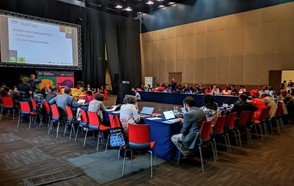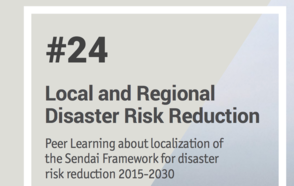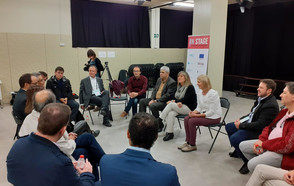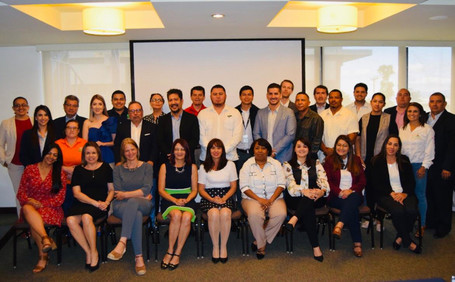
Five Local Government Associations and several cities from Central America and the Caribbean, all highly exposed to climate change related risks, gathered from the 14th to 16th of January in San Jose de Costa Rica to exchange experiences and learn from each other about urban resilience and disaster risk reduction. The peer learning, organized by UCLG, FLACMA, CAMCAYCA, UN-Habitat, and UNDRR, and hosted by the Local Government Association of Costa Rica (UNGL), was another important step towards the localization of the Sendai Framework for Disaster Risk Reduction.
At the opening, Johnny Araya, Mayor of San Jose and UCLG co-president, welcomed the 35 participants from Honduras, Belize, Puerto Rico, Dominican Republic, Panama, and Costa Rica to the 3-day learning exchange. In his opening speech he stressed the importance of local action for the implementation of global agendas like the SDGs or the Sendai Framework and highlighted that in such global challenges cities must act united. In the afternoon the participants shared selected local practices though poster presentations and engaged in a first learning exchange.
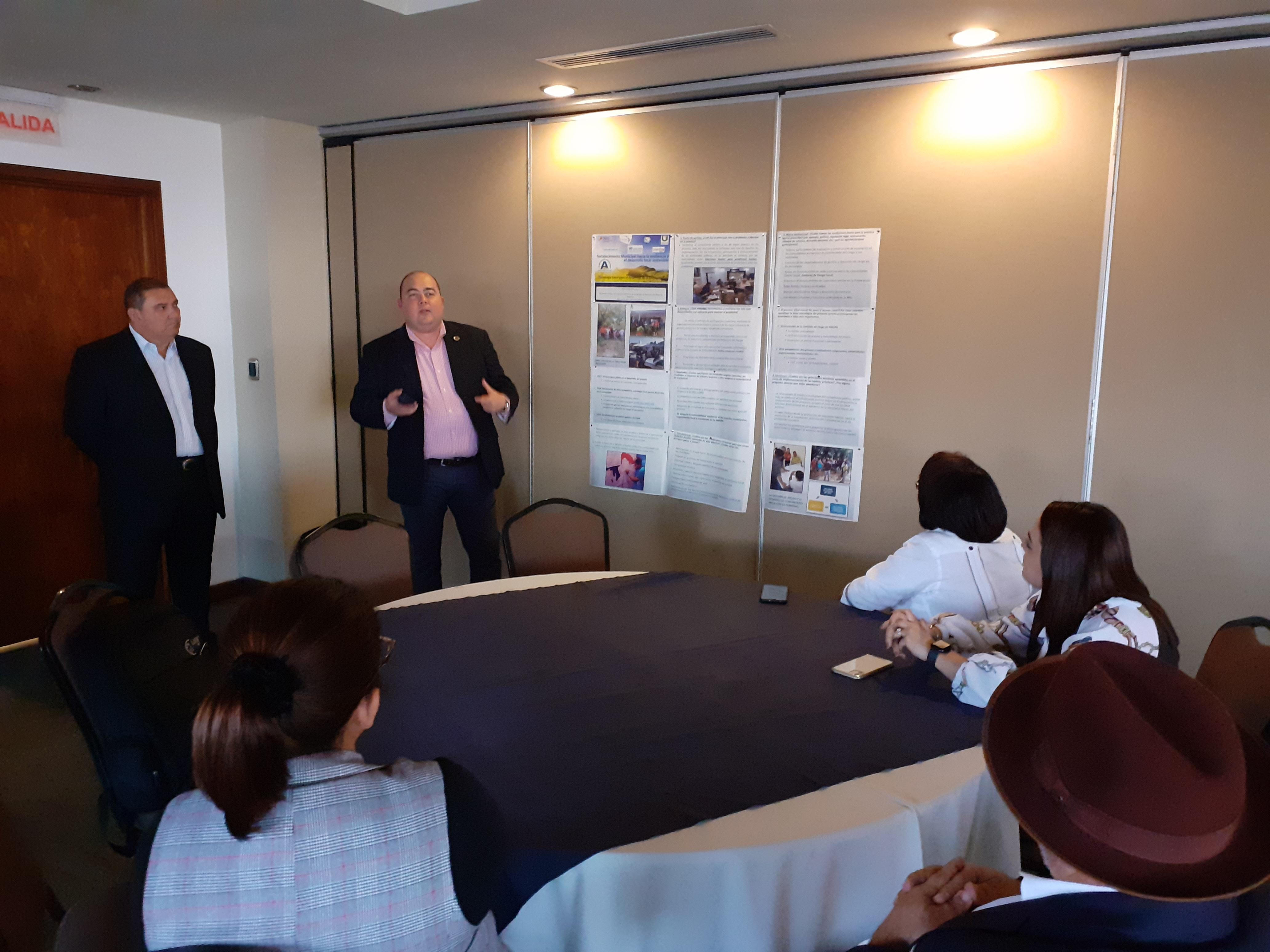
The second day was reserved for a field visit to the Municipality of Santa Ana, a fast-growing intermediary town near San Jose that is the target of a pilot project by UN-Habitat and UCLG on urban resilience. The local resilient and DRR officer explained the visitors about the most relevant risks the city face, and guided them through some of the affected zones. Later the group was warmly welcomed by the vice-mayor and other city officials. In the afternoon, a debriefing and discussion session took place in the municipality. The gathering was also used to present the first results of the joined project of UN-Habitat and UCLG, which aims to develop a resilience profile of Santa Ana.
On the last day of the event, UNDRR facilitated an exercise where participants self-evaluated their disaster risk using the “ten essentials tool” developed by UNDRR. Following the presentations and discussion of the results, the rest of the day was dedicated to discuss the next steps within the network. First, UCLG presented the concept for a Learning Module, being developed in cooperation with UN-Habitat and UNDRR, to provide a guidebook for local governments and their association to deliver trainings on the localization of the Sendai Framework. Then, the participants discussed how cooperation could be continued after the peer learning to guarantee a longer learning process. The closing remarks were delivered by Karen Porras, Executive Secretary of UNGL, who used the opportunity to call for further action on the localization of the Sendai Framework in the CAMCAYCA region and the whole FLACMA network.
- Visit the Learning website for more information
- Read our Peer Learning on Local and Regional Disaster Risk Reduction
- Read our Maifesto The Future of Resilience











